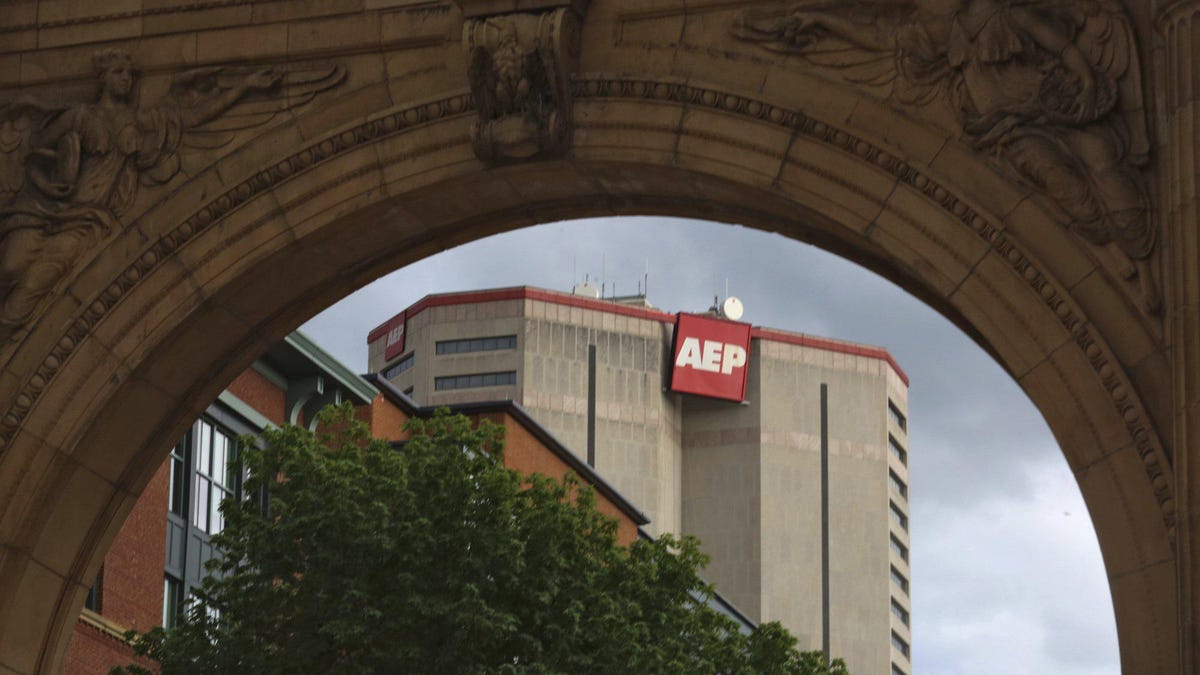Max, a beloved tabby cat known for his friendly interactions.
A beloved cat named Max has been awarded an honorary degree from Vermont State University’s Castleton campus. Max, a tabby cat who lives near the university’s main entrance, has become a fixture on campus, known for his friendly demeanour and love of attention.
For several years, Max has been wandering the halls of the university, charming students and staff. The university recognised Max’s contributions to the campus community with the honorary title of “Doctor of Litter-ature.”
Max’s owner, Ashley Dow, says the curious feline started venturing onto campus years ago, seeking out interaction with the students. He enjoys being picked up, played with, and even participating in campus tours, somehow knowing when and where to meet the prospective students.
According to The New York Post, everybody knows Max, who laps up the attention he’s given, allowing himself to be picked up and played with, and even posing for selfies. The social creature also loves to join campus tours, designed to show prospective students the ropes, running across the street to the meeting point at the right time.
“With a resounding purr of approval from the faculty, the Board of Trustees of the Vermont State Colleges has bestowed upon Max Dow the prestigious title of Doctor of Litter-ature, complete with all the catnip perks, scratching post privileges, and litter box responsibilities that come with it. Congratulations, Dr Max Dow,” the university’s alumni wrote in a social media post.
University officials say Max won’t be able to walk across the stage at graduation, but they will deliver his honorary degree to him soon.
Click for more trending news

/cloudfront-us-east-1.images.arcpublishing.com/gray/BHAQM7PH2ZDB5NEMXVOLUNFSLY.bmp)





























